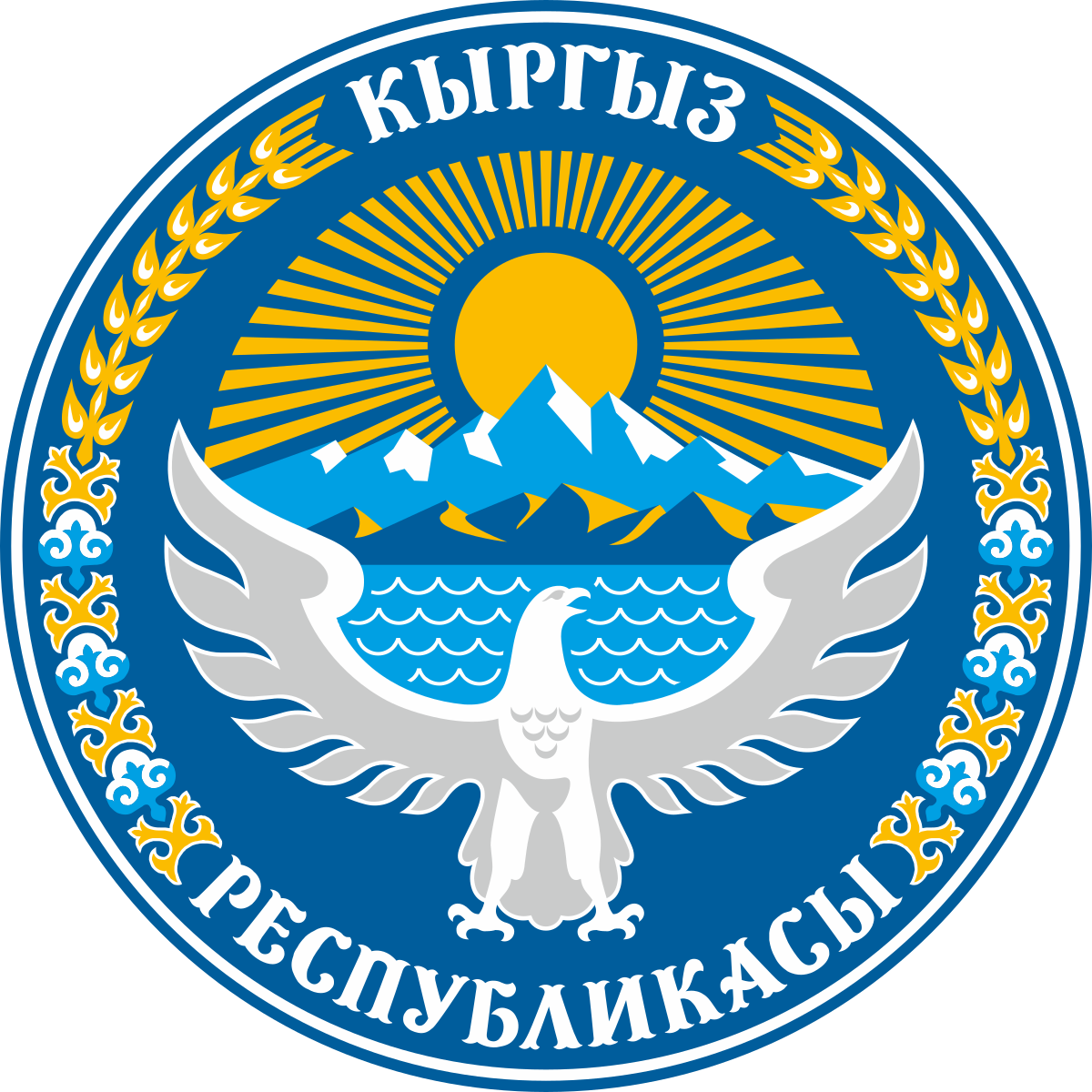A Central Asian country of incredible natural beauty and proud nomadic traditions, most of the territory of present-day Kyrgyzstan was formally annexed to the Russian Empire in 1876. The Kyrgyz staged a major revolt against the Tsarist Empire in 1916 in which almost one-sixth of the Kyrgyz population was killed. Kyrgyzstan became a Soviet republic in 1936 and achieved independence in 1991 when the USSR dissolved. Nationwide demonstrations in the spring of 2005 resulted in the ouster of President Askar AKAEV, who had run the country since 1990. Former Prime Minister Kurmanbek BAKIEV overwhelmingly won the presidential election in the summer of 2005. Over the next few years, he manipulated the parliament to accrue new powers for the presidency. In July 2009, after months of harassment against his opponents and media critics, BAKIEV won reelection in a presidential campaign that the international community deemed flawed. In April 2010, violent protests in Bishkek led to the collapse of the BAKIEV regime and his eventual flight to Minsk, Belarus. His successor, Roza OTUNBAEVA, served as transitional president until Almazbek ATAMBAEV was inaugurated in December 2011, marking the first peaceful transfer of presidential power in independent Kyrgyzstan's history. Continuing concerns include: the trajectory of democratization, endemic corruption, poor interethnic relations, border security vulnerabilities, and potential terrorist threats.
Under the 2010 Constitution, ATAMBAEV is limited to one term, which will end in 2017. Constitutional amendments passed in a referendum in December 2016 include language that transfers some presidential powers to the prime minister. Disagreement over the constitutional amendments compelled ATAMBAEV’s ruling Social Democratic Party of Kyrgyzstan to dissolve and create a new majority coalition in the Jogorku Kengesh that excluded opposition parties critical of the amendments.
Kyrgyzstan is a parliamentary republic.
Source: CIA World Factbook
Members:
Resources
Displaying 46 - 50 of 85Law No. 88 amending Law No. 4 on management of agricultural land.
Article 8 shall be amended to add the following wording: “after the wording purchase and sale shall be inserted the wording donation”.
Amends: Law No. 4 on management of agricultural land. (2001-01-11)
Ministerial Decree No. 407 validating the Regulation on national park “Chon-Kemin”.
The Government, with a view of rational management of natural resources, conservation of biological and landscape diversity, decrees to transfer reserve land with total land area of 1068 ha, to the category of protected areas allocating it to the national park “Chon-Kemin”. State environmental protection agency shall perform zoning of the aforesaid land area. This Ministerial Decree contains the description of total territory of the national park “Chon-Kemin”.
Law No. 91 “On conservation and management of historical and cultural heritage”.
This Law establishes legal grounds in the sphere of protection and management of the objects of historical and cultural heritage, attribution of legal status to the objects of historical and cultural heritage and delimitation of jurisdictional competence of state bodies, and liability and compensation for damages caused to the objects of historical and cultural heritage. Objects of historical and cultural heritage shall be subject to protection, compulsory registration and certification by the state.
Ministerial Decree No. 622 validating the Instruction on secrecy of topographic, geodetic, cartographic, gravimetric, aerophotographic and outer space data and information.
This Ministerial Decree validates the Instruction on secrecy of topographic, geodetic, cartographic, gravimetric, aerophotographic and outer space data and information with the consideration of introduction into cartographic and geodetic production of geoinformation, digital and satellite technologies. It establishes the modalities of determination of the degree and level of secrecy of the lists of natural coordinates in relation to publication of maps of internal territory.
Law No. 101 “On local government”.
This Law establishes basic principles of organization of local self-government at the level of administrative and territorial units, delimits jurisdictional competence thereof and ensure the right of local communities to self-government. Local self-government shall be based upon the following principles: (a) delimitation of functions and plenary powers; (b) transparency and accountability; (c) legality and social justice; (d) self-financing; (e) public participation; and (f) constant monitoring of local legislative acts.


